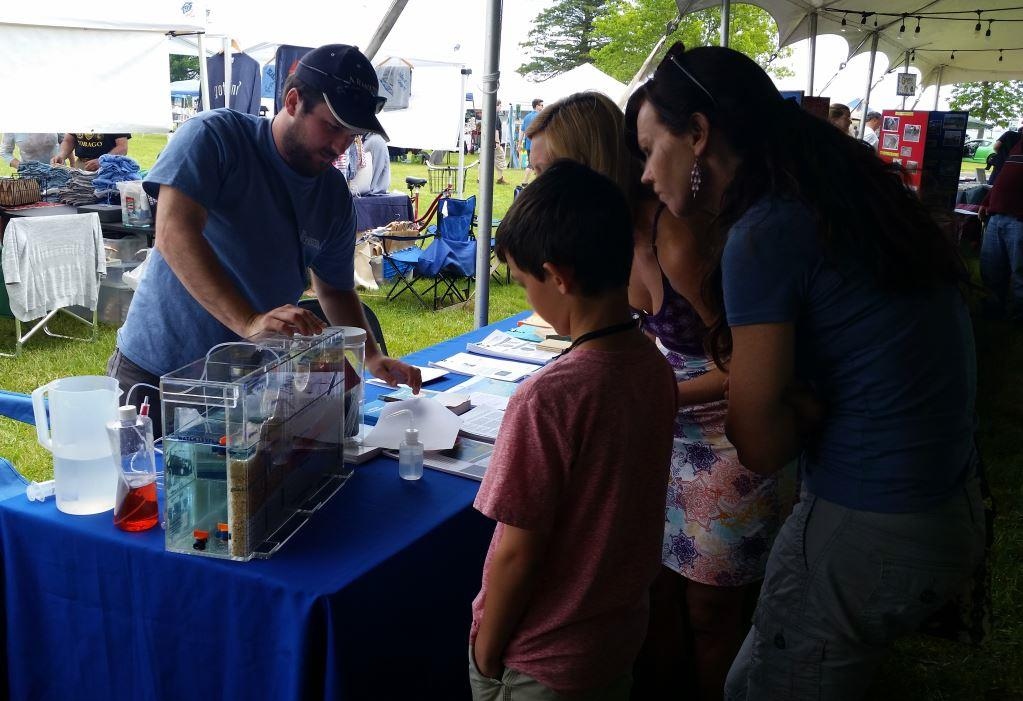Sourcewater Protection
Sourcewater Protection
Through the development of Source Water Protection Plans, no-cost assistance is provided to implement contamination prevention measures as prevention is the most cost-effective approach to protecting drinking water sources. Plans benefit both water customers and municipalities alike. Source Water Protection Plans are customized to suit the unique needs of each drinking water supply. Implementation is completely voluntary and proceeds at a pace indicative of the community.
Where does your drinking water come from?

Links to Resources:
NJDEP
The New Jersey Department of Environmental Protection (NJDEP) has identified two prominent regions of the state where water supplies historically had been depleted and are sensitive to additional pumping and wellhead development. For additional information on these regions and their subsequent aquifers click here for Appendix B of the NJ Water Supply Master Plan 2017-2022
NJ Water Supply Plan Critical Areas 2017-2022 (PDF)
Storm Water Management
The New Jersey Stormwater Best Management Practices Manual was most recently updated in March of 2021. The manual has been updated to include amendments to the stormwater rules which mandate the increased usage and maintenance of green infrastructure projects among other things.
For all of the rules, regulations, and guidance for all things stormwater management in NJ, use this link: https://www.nj.gov/dep/stormwater/bmp_manual2.htm
For additional guidance from the EPA, use this link: https://www.epa.gov/greeningepa/epa-facility-stormwater-management
For additional information, an extensive list of implanted examples, and training refer to the Rutgers Water Resources Program here: http://www.water.rutgers.edu/Projects/Projects.htm
What's New!
December, 2024
NORTHEAST MID-ATLANTIC PARTNERSHIP FOR FORESTS & WATER
Our Sourcewater Protection Specialist, Mitch Mickley attended this two-day forum that represents 11 Northeast Mid-Atlantic states, and provided unique perspectives and collaboration of forest and water resource focused topics.
Is Your Community a candidate for Sourcewater Protection?
- Is there a wellhead, source water, or aquifer ordinance in place? If yes has it ever been invoked to avoid potential contamination?
- Does the water system own at least 100-200 ft radius around the well or intake? Does the system or township have the ability or intention of purchasing additional land?
- Does the township have the power of site plan review?
- Is there an environmental outreach/education program for school children in the township?
- Is there an active and convenient hazardous waste drop-off program for residents?
Do Water Utility Tours Stimulate Water Protection Efforts?
Sourcewater Technical Assistance
Making A Case For Residential Grassroots Green Infrastructure.
For the more advanced and ambitious among us, rain gardens are an even better option to protect the environment. Capturing even more water than a traditional 55- gallon rain barrel. A rain garden would decrease the flooding and erosion of your local waterways even better.

